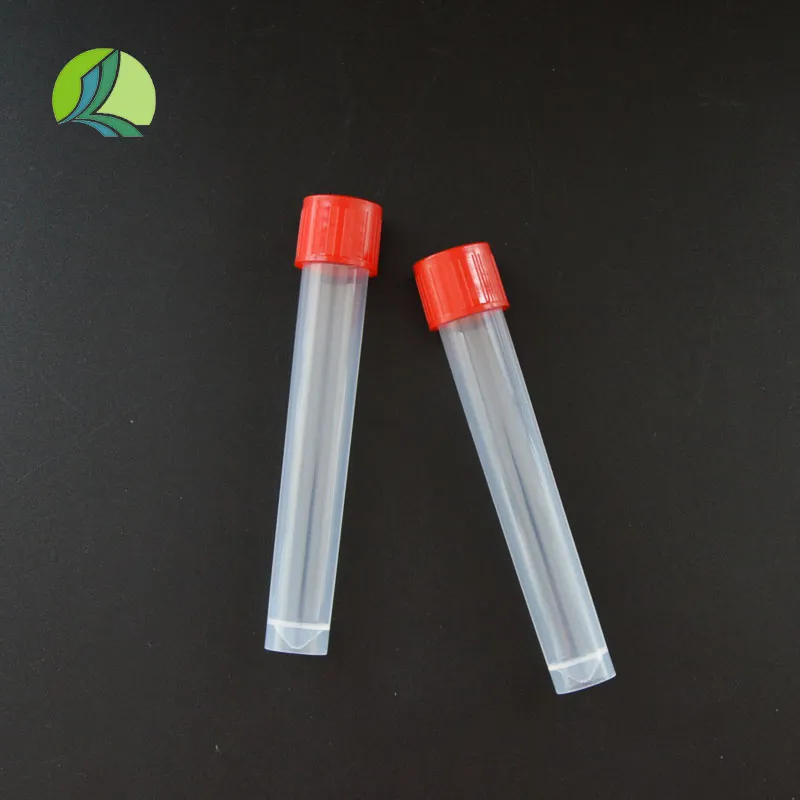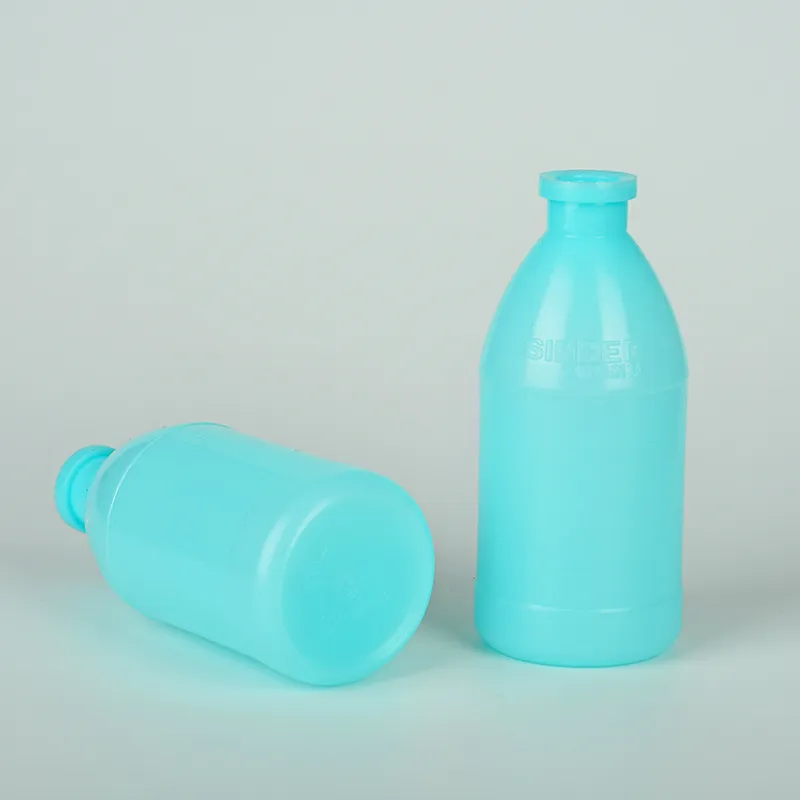
-
 Afrikaans
Afrikaans -
 Albanian
Albanian -
 Amharic
Amharic -
 Arabic
Arabic -
 Armenian
Armenian -
 Azerbaijani
Azerbaijani -
 Basque
Basque -
 Belarusian
Belarusian -
 Bengali
Bengali -
 Bosnian
Bosnian -
 Bulgarian
Bulgarian -
 Catalan
Catalan -
 Cebuano
Cebuano -
 Corsican
Corsican -
 Croatian
Croatian -
 Czech
Czech -
 Danish
Danish -
 Dutch
Dutch -
 English
English -
 Esperanto
Esperanto -
 Estonian
Estonian -
 Finnish
Finnish -
 French
French -
 Frisian
Frisian -
 Galician
Galician -
 Georgian
Georgian -
 German
German -
 Greek
Greek -
 Gujarati
Gujarati -
 Haitian Creole
Haitian Creole -
 hausa
hausa -
 hawaiian
hawaiian -
 Hebrew
Hebrew -
 Hindi
Hindi -
 Miao
Miao -
 Hungarian
Hungarian -
 Icelandic
Icelandic -
 igbo
igbo -
 Indonesian
Indonesian -
 irish
irish -
 Italian
Italian -
 Japanese
Japanese -
 Javanese
Javanese -
 Kannada
Kannada -
 kazakh
kazakh -
 Khmer
Khmer -
 Rwandese
Rwandese -
 Korean
Korean -
 Kurdish
Kurdish -
 Kyrgyz
Kyrgyz -
 Lao
Lao -
 Latin
Latin -
 Latvian
Latvian -
 Lithuanian
Lithuanian -
 Luxembourgish
Luxembourgish -
 Macedonian
Macedonian -
 Malgashi
Malgashi -
 Malay
Malay -
 Malayalam
Malayalam -
 Maltese
Maltese -
 Maori
Maori -
 Marathi
Marathi -
 Mongolian
Mongolian -
 Myanmar
Myanmar -
 Nepali
Nepali -
 Norwegian
Norwegian -
 Norwegian
Norwegian -
 Occitan
Occitan -
 Pashto
Pashto -
 Persian
Persian -
 Polish
Polish -
 Portuguese
Portuguese -
 Punjabi
Punjabi -
 Romanian
Romanian -
 Russian
Russian -
 Samoan
Samoan -
 Scottish Gaelic
Scottish Gaelic -
 Serbian
Serbian -
 Sesotho
Sesotho -
 Shona
Shona -
 Sindhi
Sindhi -
 Sinhala
Sinhala -
 Slovak
Slovak -
 Slovenian
Slovenian -
 Somali
Somali -
 Spanish
Spanish -
 Sundanese
Sundanese -
 Swahili
Swahili -
 Swedish
Swedish -
 Tagalog
Tagalog -
 Tajik
Tajik -
 Tamil
Tamil -
 Tatar
Tatar -
 Telugu
Telugu -
 Thai
Thai -
 Turkish
Turkish -
 Turkmen
Turkmen -
 Ukrainian
Ukrainian -
 Urdu
Urdu -
 Uighur
Uighur -
 Uzbek
Uzbek -
 Vietnamese
Vietnamese -
 Welsh
Welsh -
 Bantu
Bantu -
 Yiddish
Yiddish -
 Yoruba
Yoruba -
 Zulu
Zulu
Jan . 09, 2025 12:11
Back to list
plastic reagent bottle factory
Plastic vaccine bottles have revolutionized the way vaccines are stored and administered globally, ensuring that life-saving immunizations reach every corner of the world. Drawing from years of industry expertise and real-world experience, the shift from traditional glass vials to innovative plastic containers offers numerous advantages in terms of durability, safety, and distribution.
Crafted by professionals who deeply understand vaccine preservation, the development of plastic vaccine bottles draws on authoritative research and testing excellence. These containers undergo rigorous quality assurance processes, ensuring that they meet the highest standards of safety and efficacy advocated by global health agencies. The endorsement from these agencies serves as a testament to the reliability of plastic vaccine bottles, enhancing their trustworthiness among healthcare providers and recipients alike. By leveraging technological advancements, plastic vaccine bottles also play a pivotal role in enhancing immunization outreach. Their reduced cost compared to glass makes vaccines more affordable and accessible, especially in low-income regions where financial constraints often impede healthcare delivery. This economic advantage is instrumental in enabling international organizations to expand their immunization programs, thus improving global public health outcomes. The introduction of plastic vaccine bottles is not merely a shift in material choice; it represents a commitment to delivery excellence, safety, and sustainability in global health initiatives. With the expertise of material scientists and healthcare professionals guiding their development, plastic vaccine bottles stand as a symbol of innovation driving positive change within the medical field. They exemplify how strategic choices in product development can significantly enhance the efficacy and reach of health interventions worldwide, reaffirming their status as a cornerstone in modern vaccine distribution.


Crafted by professionals who deeply understand vaccine preservation, the development of plastic vaccine bottles draws on authoritative research and testing excellence. These containers undergo rigorous quality assurance processes, ensuring that they meet the highest standards of safety and efficacy advocated by global health agencies. The endorsement from these agencies serves as a testament to the reliability of plastic vaccine bottles, enhancing their trustworthiness among healthcare providers and recipients alike. By leveraging technological advancements, plastic vaccine bottles also play a pivotal role in enhancing immunization outreach. Their reduced cost compared to glass makes vaccines more affordable and accessible, especially in low-income regions where financial constraints often impede healthcare delivery. This economic advantage is instrumental in enabling international organizations to expand their immunization programs, thus improving global public health outcomes. The introduction of plastic vaccine bottles is not merely a shift in material choice; it represents a commitment to delivery excellence, safety, and sustainability in global health initiatives. With the expertise of material scientists and healthcare professionals guiding their development, plastic vaccine bottles stand as a symbol of innovation driving positive change within the medical field. They exemplify how strategic choices in product development can significantly enhance the efficacy and reach of health interventions worldwide, reaffirming their status as a cornerstone in modern vaccine distribution.
Share
Prev:
Next:
Latest news
-
PTFE Centrifuge Tubes - Chemical Resistant, Leak-proof, Ideal for Laboratory UseNewsJul.05,2025
-
Premium Metal Dropper Bottle for Precise Dispensing 250ml & 1ml Options AvailableNewsJul.04,2025
-
20 ml Headspace Vials - High Quality Polyethylene & Plastic Vials for Lab UseNewsJul.04,2025
-
Small Bottle with Pipette - Precise Dispensing 100ml Pipette Bottles for Essential Oils & Lab UseNewsJun.24,2025
-
Acetic Anhydride Bottle for Accurate Dropper Measurement in Pharmacy Use High-Quality Dropper BottlesNewsJun.10,2025
-
Innovative PET Bottle Design for Juice – Unique Shapes & Customization OptionsNewsJun.10,2025
RECOMMEND PRODUCTS






















